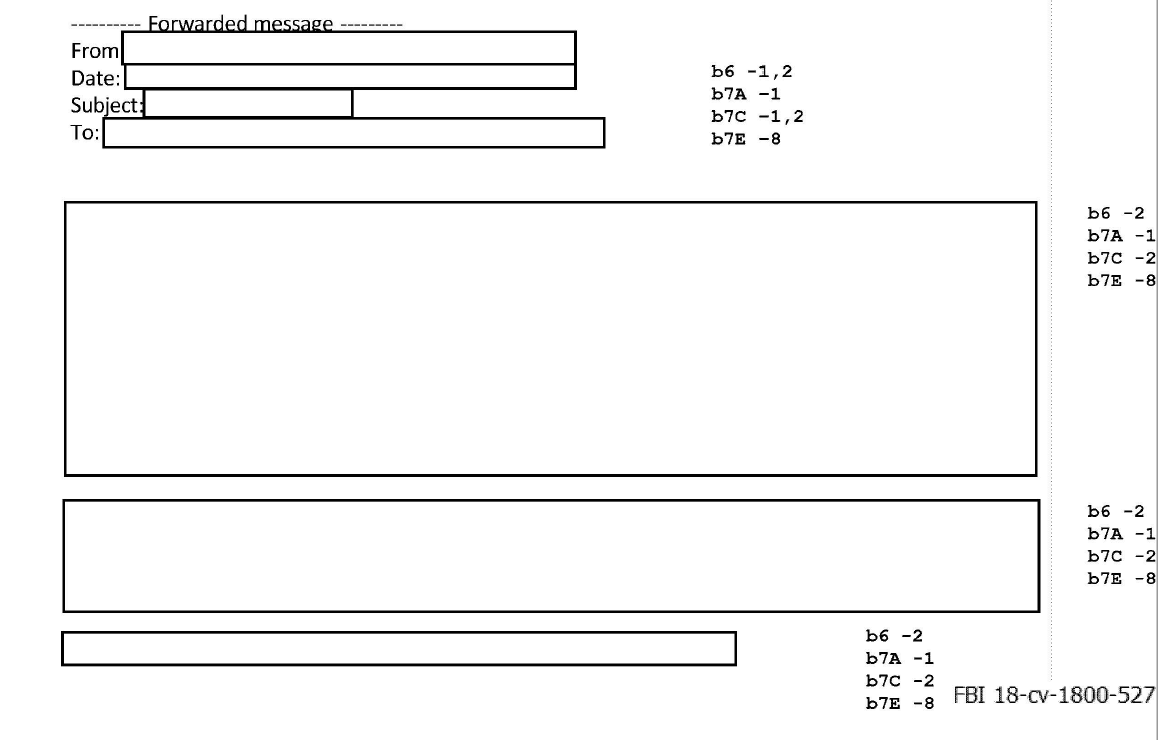CoA shared concerns about financial burden and legality of proposed rule
Today, Ryan Mulvey, counsel at Cause of Action Institute, spoke before the Mid-Atlantic Fishery Management Council (Council) in Annapolis, MD, about an Omnibus Amendment that would create new economic burdens on fishermen. The new rule, if enacted by the federal government, could increase costs on fishermen by as much as $810 per sea day. Mulvey also questioned whether the federal government had the authority to implement the new rule.
Ryan Mulvey issued the following statement:
“The federal government lacks clear statutory authorization to pass the Omnibus Amendment, and this rule could have devastating economic consequences on fishermen. I urged the Mid-Atlantic Council to investigate the serious legal ramifications of industry-funded monitoring schemes, and to protect the economic interests of small-business fishing firms in the Mid-Atlantic regions by asking the federal government to reject the Omnibus Amendment.”
A copy of Mulvey’s written comments for Cause of Action on the rule can be found here.
A blog about the rule and its legal and economic challenges can be found here.
____________________________________________________________
Media Contact: Matt Frendewey, matt.frendewey@causeofaction.org | 202-699-2018



CoA Institute Highlights Deficiencies in Proposed Rule to Shift Burdensome Costs of At-Sea Monitoring to Commercial Fishermen
The New England Fishery Management Council (NEFMC), in coordination with the National Marine Fisheries Service (NMFS), seeks to approve and implement a controversial set of regulatory amendments that would create a new industry-funding requirement for at-sea monitoring in the Atlantic herring fishery and, moreover, create a standardized process for introducing similar requirements in other New England fisheries. Under the so-called Omnibus Amendment, the fishing industry would be forced to bear the burdensome cost of allowing third-party monitors to ride their boats in line with the NEFMC’s supplemental monitoring goals. This would unfairly and unlawfully restrict economic opportunity in the fishing industry.
Learn More